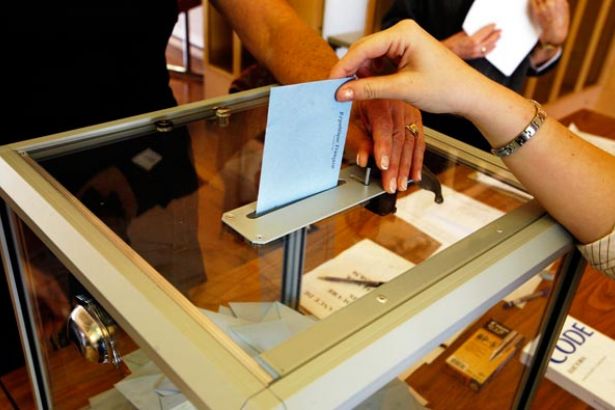Turkish government's new YSK law and arbitrariness in elections

The law changing the organization and duties of the Supreme Committee of Elections has entered into force on December 12. The regulation provides the ruling Justice and Development Party great opportunities with its vague statements in its context.
The Law on Organization and Duties of the Supreme Committee of Elections (YSK) has entered into force after being issued in the Official Gazette. While the regulation was released with similar expressions by many news portal, its content seems to be quite a question of fact.
Speaking on the recent changes in the relevant law, Kadir Sev, who is the former member of the State Supervisory Council, says that "unclear, unspecified and open-ended authorities should be considered as an indication of malicious intentions".
Stating that the administration will have the power to do whatever it wants under these circumstances in the law, Sev notes that the judiciary becomes helpless and cannot solve the problems that would arise from these indefinite authorities.
"With the new law on YSK, new scandals of unsealed voting papers might be experienced in the future elections without any control mechanism", he underlines.
Stating that "Law no. 7062 on the organization and duties of the YSK, which entered into force on December 12, is an organizational law as understood from its name", Kadir Sev says, "Compared to the former laws, the powers of the YSK seem to have been slurred over with very general definitions in Law no. 7062".
"Many issues are left to the regulations issued by the YSK or to secondary legal arrangements such as 'Rules and Procedures' with the changing law", he added.
Noting that "Article 6 of the relevant law enacts that the YSK is responsible for conducting all the operations related to management of the elections in a certain order and its honesty from the beginning to the end", Sev questions why such a provision has been inserted into a law.
Saying that "unclear, unspecified and open-ended authorities should be considered as an indication of malicious intentions", Sev stated, "Everyone must already do his duty by following the principles of honesty. If you want people to be honest, you have to set up the rules in detail. Yet, they have no such intention."
'UNSEALED VOTES AND BEYOND'
Reminding the unsealed vote scandal in Turkey’s dubious Presidential Referendum in April 2016, Sev states that new regulation on the Law on the YSK paves the way for new scandals including unsealed votes and gerrymanders.
The former law on elections had set up detailed rules about forms of envelopes and ballot papers, the necessity of having a watermark on the envelopes and ballot papers, how they have to be distributed to others and making official reports on the elections.
Yet, Kadir Sev underlines that a governmental unit called the Directorate General of Electoral Register was formed with the new law, and this unit has been tasked with "carrying out the works and operations related to electoral tools and materials". Sev argues that such kind of definition and authorization would pave the way for arbitrariness in the implementation of electoral process.
"Although YSK is deemed as a council by the law, powers of the Head remind a concept of one-man rule. S/he has the authority to recruit staff alone, for instance. Yet, according to former Law no. 298, head of department and chief of branch were appointed by a committee upon recommendation of the Head of Turkey’s Election Board", Sev noted.
Stating that this arrangement will pave the way for pro-government representatives in society and even Islamic leaders [imams] to be employed in the elections, Kadir Sev also indicates that the two controversial regulations restraining to be a political party election observer and presiding officer, which were removed from the relevant legal arrangement after strong criticisms of the opposition, will be at the government's agenda in 2018 or 2019.



